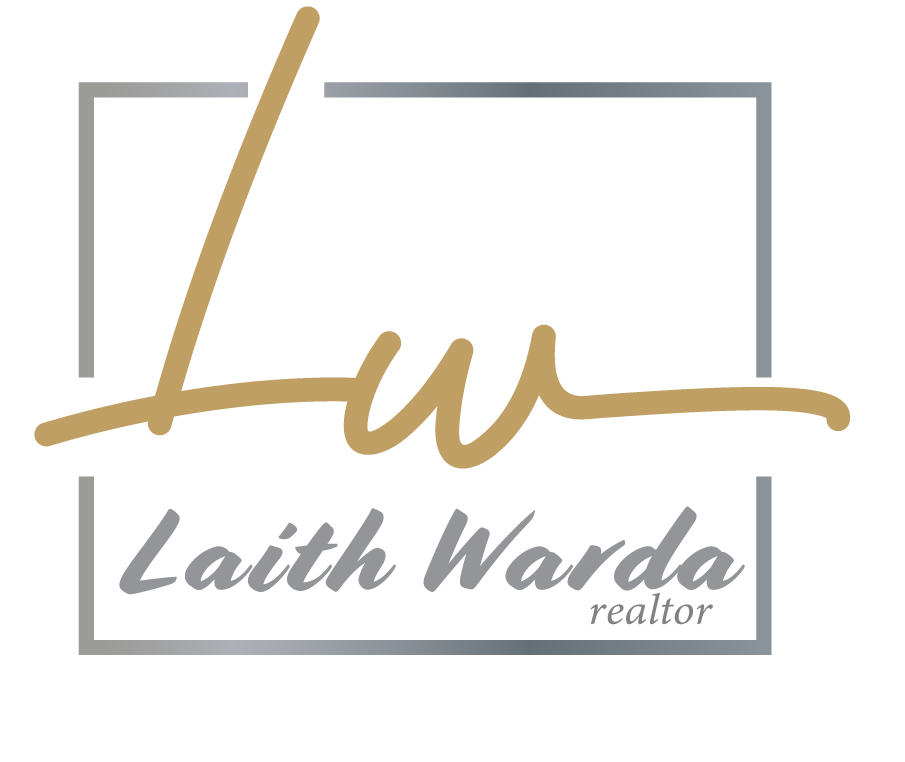Buying a home is a significant financial decision, and for many prospective homeowners, securing a mortgage is a crucial step in the process. Federal Housing Administration (FHA) loans are one of the options available to homebuyers, especially those with limited funds or less-than-perfect credit. In this blog, we’ll explore the pros and cons of FHA loans to help you determine if it’s the right choice for you.
Pros of FHA Loans:
Low Down Payment:
One of the most significant advantages of FHA loans is the low down payment requirement, which is typically as low as 3.5% of the purchase price. This makes homeownership more accessible to individuals with limited savings.
Lenient Credit Requirements:
FHA loans are known for their more forgiving credit requirements. Borrowers with lower credit scores (typically around 580 or higher) may still qualify for an FHA loan, making it an attractive option for those with less-than-perfect credit histories.
Competitive Interest Rates:
FHA loans often offer competitive interest rates, which can result in lower monthly mortgage payments compared to some other loan types.
Assumable Loans:
FHA loans are assumable, which means that if you decide to sell your home, the buyer can take over your existing FHA loan, potentially attracting more buyers and making your property more marketable.
Government Backing:
These loans are insured by the federal government, which means that lenders are more willing to extend credit to borrowers who might not qualify for conventional loans. This government backing also helps keep interest rates reasonable.
Cons of FHA Loans:
Mortgage Insurance Premiums (MIP):
FHA loans require borrowers to pay both an upfront Mortgage Insurance Premium (UFMIP) and an annual Mortgage Insurance Premium (MIP). The MIP is an ongoing cost that can add to your monthly mortgage payments, making the loan more expensive over time.
Property Condition Requirements:
To obtain an FHA loan, the property being purchased must meet specific requirements regarding its condition. This may limit your options, as not all homes will qualify for FHA financing.
Loan Limits:
FHA loan limits vary by location, and they may be lower than the cost of homes in certain high-priced real estate markets. This can be a limitation for those looking to purchase more expensive homes.
Limited Financing Options:
FHA loans are primarily intended for primary residences. If you’re looking to finance an investment property or a second home, you’ll need to explore alternative loan options.
Additional Documentation:
FHA loans may require more extensive documentation and paperwork compared to conventional loans, which can make the application process more time-consuming.
 Conclusion:
Conclusion:
FHA loans can be a great option for first-time homebuyers, individuals with lower credit scores, and those with limited savings for a down payment. However, they also come with some drawbacks, such as mortgage insurance premiums and property condition requirements. Before making a decision, it’s essential to evaluate your financial situation, your credit history, and your home-buying goals. Consider consulting with a mortgage professional to help you determine whether an FHA loan is the right choice for you.



